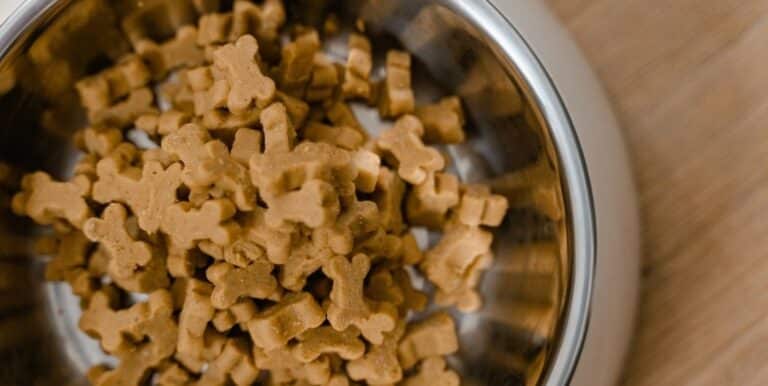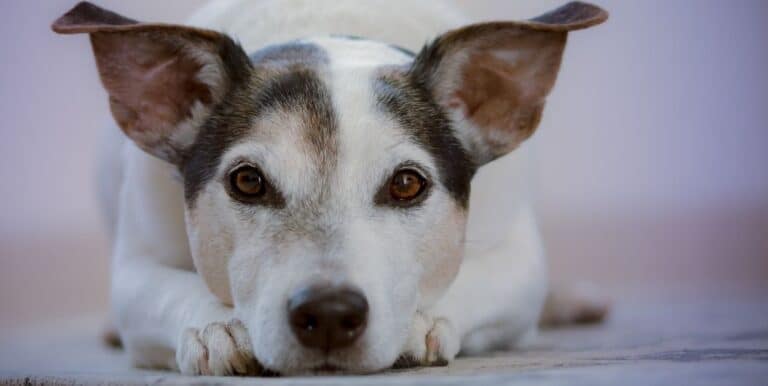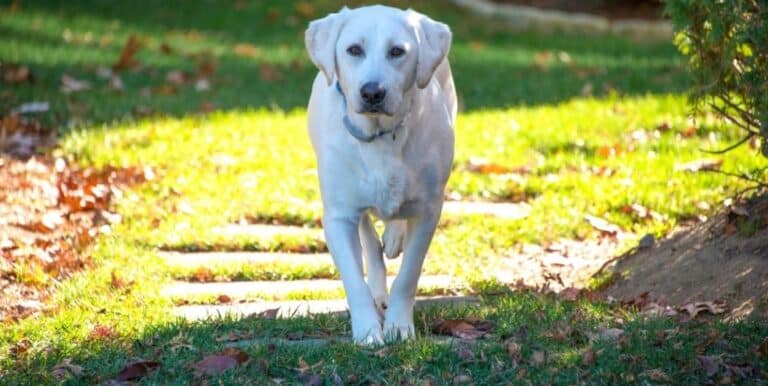What are Some Medical Causes of Constipation in Dogs?
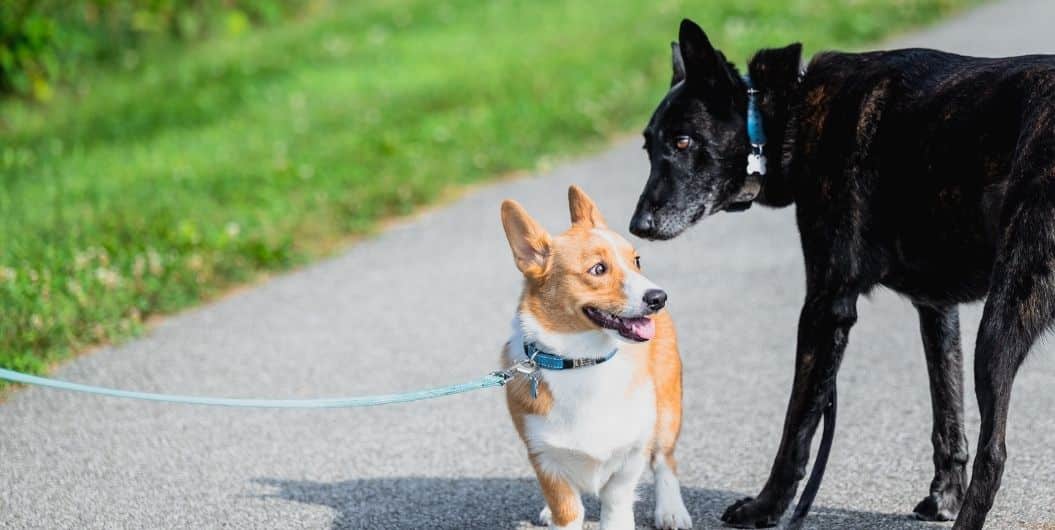
The most frequent cause of constipation in dogs is lack of appropriate fiber in the diet. Just like humans, dogs can sometimes have difficulty passing stool if their diet is not particularly fiber rich. When given the appropriate amount of fiber, this type of constipation tends to end within a day or two. Another common cause of constipation is eating the wrong foods. Some dogs will eat any food that crosses their path, or they’ll seek it out off your plates and in your garbage. Either diarrhea or constipation results from eating dog-unfriendly foods.
When constipation in dogs does not resolve within a day or two it can be a signal of several medical problems. You’ll note constipation by the lack of bowel movements (BMs), and by the dog acting like he’s going to go or needs to go, put producing no bowel movements. If at the end of 10-20 minutes of straining, a small hard BM or a slightly bloody or mucous covered BM is produced, you should consider the dog constipated, especially when this behavior lasts for more than one to two days.
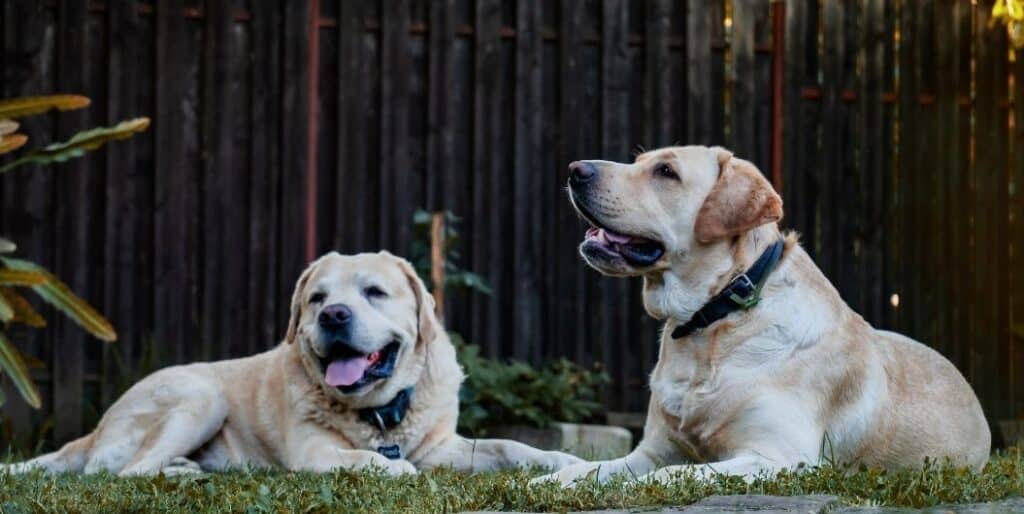
One common cause of constipation in dogs is dehydration. You should monitor water intake of any dog you suspect to be constipated. Generally dogs need, at minimum, one ounce of water per pound (about .03 liters per .45 kg) of body weight per day. If a dog is very active, water intake should increase, and in hot weather, water requirements also go up. If the dog drinks less than this amount (you can use a measuring cup to keep track), then you might consider dehydration as a possible cause.
Constipation in dogs may also be due to ingesting foreign matter or non-food substances. Eating a piece of plastic or shoe can obstruct the bowel, keeping BMs from passing. If you know your dog has eaten something small, it generally passes in a day or two. On the other hand, if the dog has eaten something large, this can be potentially serious or lethal. You should see your dog’s vet for advice if you know the dog has ingested foreign matter of any kind.
Male dogs that are unaltered may have enlarged prostates, especially if they are older. This can cause constipation in dogs and is usually resolved by neutering the dog. Another sign of enlarged prostate include ribbon-like stools. This suggests that the prostate is pushing on the bowel, and creating a near obstruction.

Hernias in the perineum, the area right next to the anus, can also cause a dog to become constipated. A hernia bulges into the rectum, creating difficult passage of BMs. This can also be a painful condition and requires surgery to fix the hernia.
Dogs that are older may lack muscle tone in the rectum, which can mean the dog will not push hard enough to produce a BM. Stool can back up and harden in the bowel, making it more difficult for the dog with poor muscle tone to go to the bathroom. It can help to soak the dog’s food with water so that stool is naturally softer, since discomfort upon producing a hard BM can result in withholding BMs.
Sometimes, bacterial infection may be the cause of constipation in a dog. Usually, infections like E. coli tend to cause diarrhea. In some dogs the reverse may occur, or constipation might occur after several days of diarrhea, due to dehydration. Since these infections don’t often resolve on their own, the dog usually needs antibiotic treatment.
There are potentially life-threatening causes for constipation in dogs. Thus pet owners should not overlook more than a day or two of constipation. Consult a vet if you note more than a couple of days of constipation to quickly treat underlying causes.



